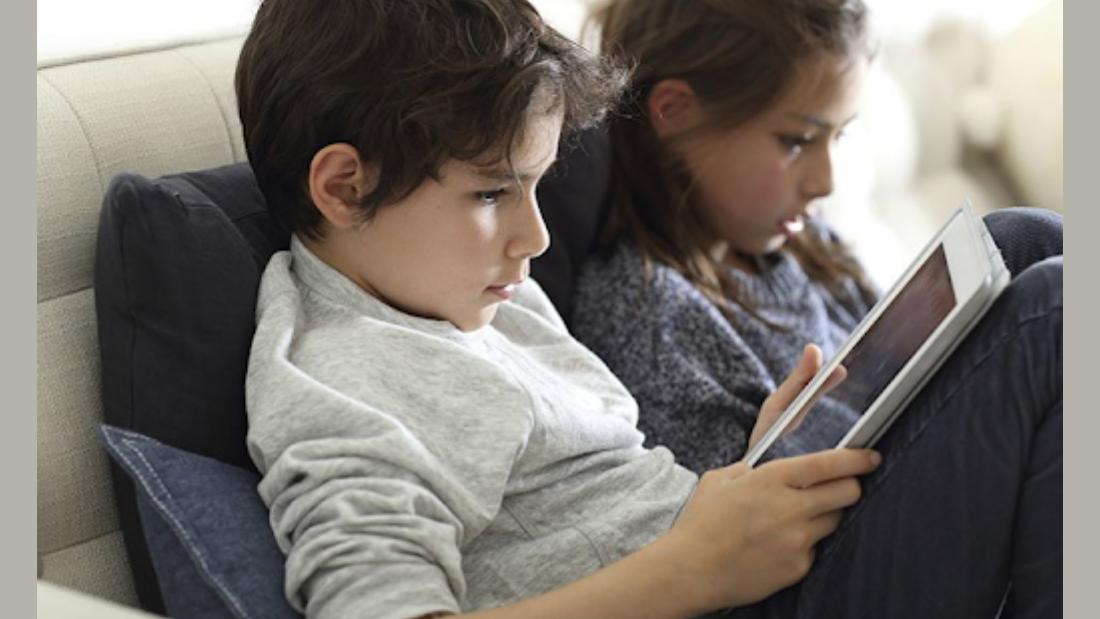As technology continues to weave itself into the fabric of daily life, parents are finding themselves grappling with a significant question: How does screen time affect emotional regulation in children? The connection between digital engagement and emotional well-being is becoming increasingly clear. When kids spend excessive time glued to screens, it can lead to heightened anxiety, frustration, and even meltdowns. Understanding these dynamics is crucial for fostering a healthier relationship with technology.
Research has shown that excessive screen time can hinder a child’s ability to process emotions effectively. Engaging in back-to-back episodes of favorite shows, mindlessly scrolling through social media, or losing track of time while playing video games can create a disconnect from real-world interactions, leaving children feeling overwhelmed when they finally switch off the devices. The overstimulation from bright screens and fast-paced content often results in emotional dysregulation, making it even more challenging for children to cope when things don’t go their way.
So what can parents do to craft a balanced approach? Establishing healthy tech boundaries is key. Start by setting clear limits on daily screen time, ideally no more than one to two hours for recreational use. Creating tech-free zones in the home, such as the dinner table or bedrooms, encourages family bonding and supports open conversations about feelings.
Incorporating screen time into a daily routine can also be helpful. Designate specific times for digital engagement, allowing children to anticipate their “tech time” while ensuring moments of unplugged activity. Encourage kids to participate in outdoor activities, arts and crafts, or even family board games, offering a welcome break from screens and promoting emotional expression through play.
Moreover, parents can model healthy tech habits themselves. By demonstrating mindful device use, families can cultivate an environment where emotional regulation thrives. Remember to check in with children after screen time, discussing their feelings and any frustrations that may have arisen. This practice reinforces the importance of emotional awareness and regulation.
Navigating the world of screens and emotions is undoubtedly a challenge. Yet, with intention and structure, parents can empower their children to manage their feelings more effectively, promoting a healthier balance between screen time and emotional well-being. In a digital age, creating those boundaries is not just a parental duty; it’s a vital investment in a child’s future emotional resilience.


Leave A Comment